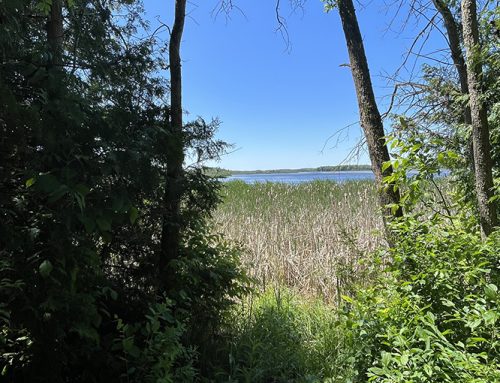
The province has proposed updating a plan to prevent chronic wasting disease (CWD), a progressive, fatal brain disease that affects deer, elk, moose, and caribou, the Ministry of Natural Resources (MNRF) and Forestry announced.
CWD was discovered on Sept. 10, 2018 in deer from a cervid farm in the Laurentians region in Quebec near Ontario. The disease has been discovered in two other Canadian provinces, Alberta and Saskatchewan, and more than two dozen U.S. states, including all six bordering Ontario.
The MNRF is looking for input on a revised Ontario Chronic Wasting Disease Surveillance and Response Plan — an Environmental Registry of Ontario (ERO) Notice (019-0154) was released on June 10. And the MNRF is also eyeing possible changes to the Fish and Wildlife Conservation Act.
These proposals would make sure we have the right mechanisms in place to minimize the risk of CWD entering or spreading within Ontario, officials stated.
The Ontario Federation of Anglers and Hunters (OFAH) will be doing an in-depth review of the proposed changes, wildlife biologist Keith Munro stated, pointing out that the conservation organization is pleased with what it sees, so far.
“The OFAH has been advocating for many of the proposed changes such as better regulation of the cervid farming industry, inter-ministry cooperation, and restrictions on the sale of natural attractants,” he wrote in an email. “Our 2019 conference on CWD drove home the point Ontario needs a comprehensive plan to prevent CWD from arriving, detect it if does arrives and respond rapidly and effectively if it is detected.”
Recreational deer hunting generated some $275 million for Ontario’s economic in 2017, the ministry stated, pointing out that more than 12,000 wild deer and elk have been tested for CWD since 2002, with all test results negative.






Leave A Comment